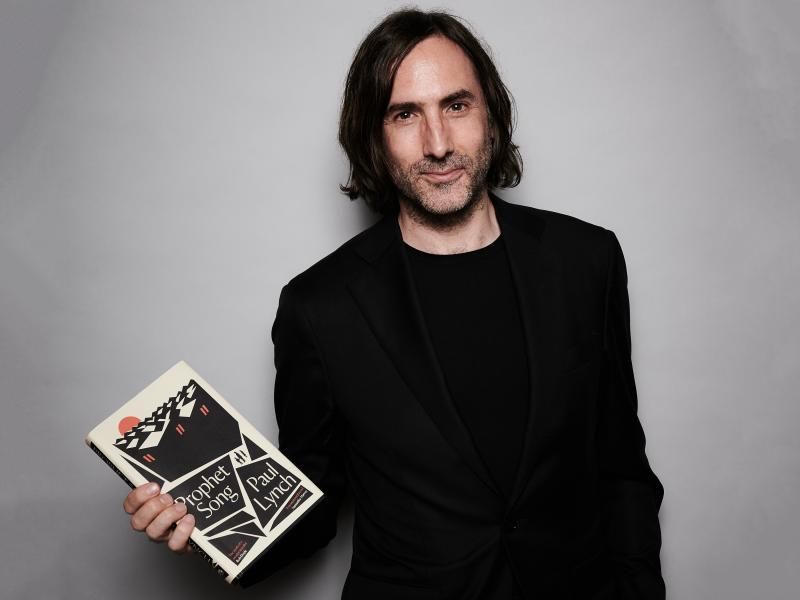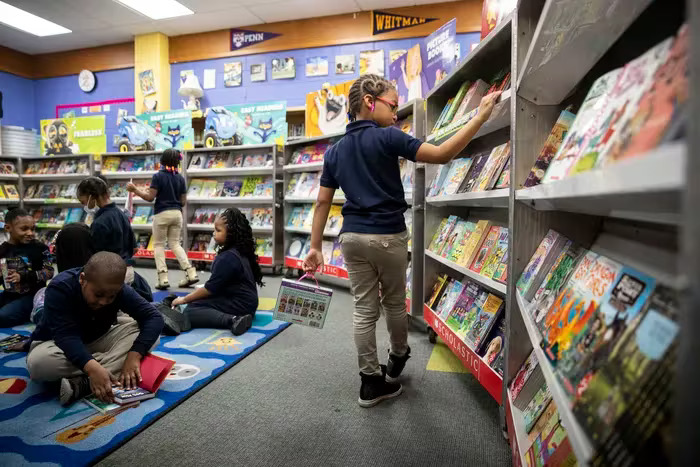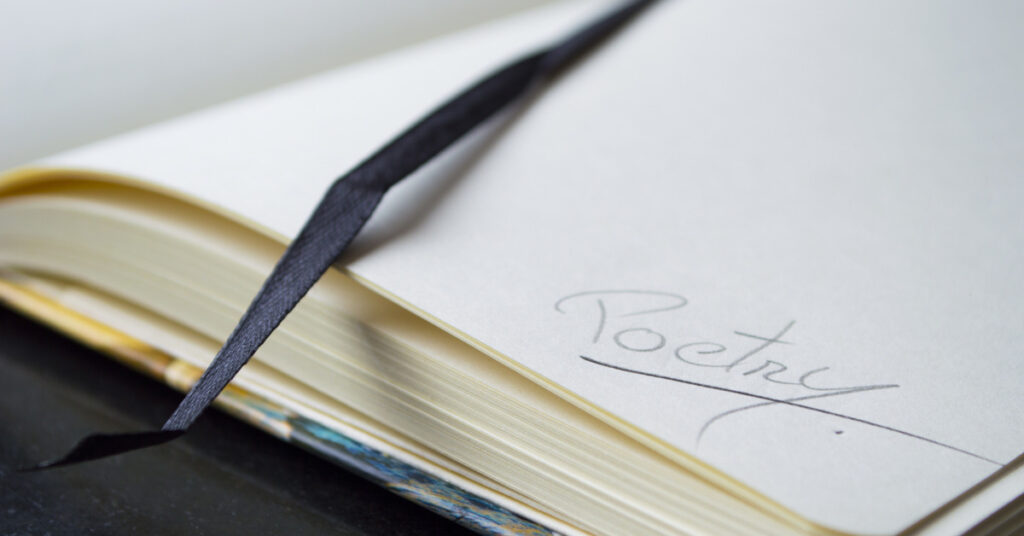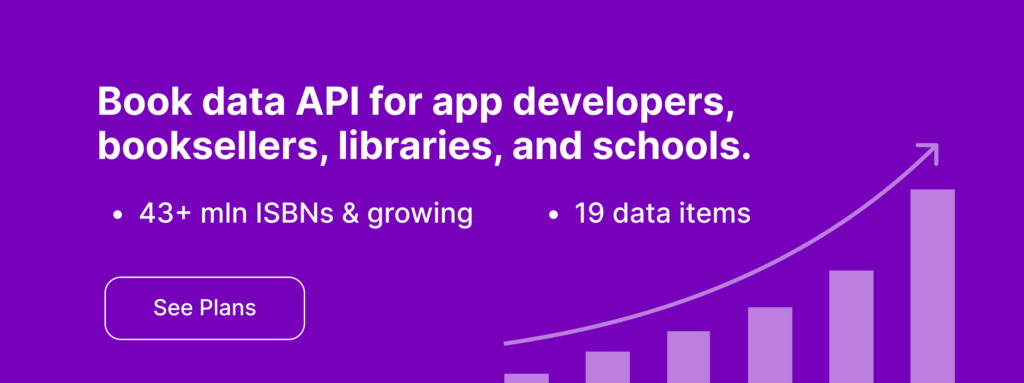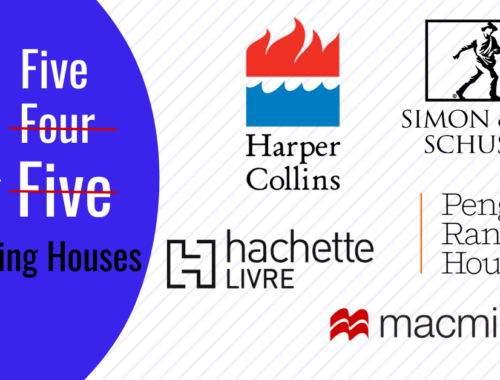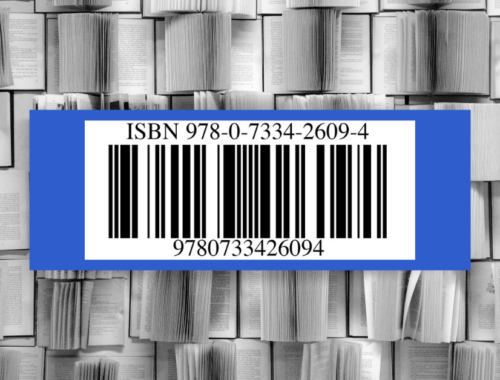
2023 has proven to be a major year in the book and publishing industry. From soaring fiscal quarters to dismal releases, publishers have been finding new and innovative ways to market the written (and spoken) word to the masses. However, changes in social viewpoints and technological advances have presented challenges for book sellers and book lovers alike.
Here’s the major book industry news you missed in November and December of 2023. If you missed the news from October 2023, be sure to check them out as well.
- The 2023 Booker Prize Winner is Announced
- A Grim Forecast for Scholastic Book Fairs
- Poetry is Back, Baby
- International Freedom to Publish Award Won’t Have Just One Winner
- Apple Fields Future Lawsuits When Creating AI
The 2023 Booker Prize Winner is Announced
After months of deliberation, Paul Lynch was announced as the winner of the 2023 Booker Prize for Propet Song.
While receiving the 2023 Booker Prize and accompanying £50,000 prize, Paul Lynch joked, “There goes my hard-won anonymity.”
The Irish author’s fifth novel, Prophet Song is lauded by critics for its deeply dystopian yet all-too-familiar subject matter, with Lynch’s voice and storytelling abilities being especially suited to the tale.
“This was not an easy book to write,” Lynch continued during his acceptance speech (via Publisher’s Weekly). “The rational part of me believed I was dooming my career by writing this novel, though I had to write the book anyway. We do not have a choice in such matters. To quote the apocryphal gospels, ‘If you use what is within you, what is within you will save you. If you do not use what is within you, what is within you will destroy you.’ My writing has saved me.”
A Grim Forecast for Scholastic Book Fairs
Book fairs were often the highlight of the school year for many young readers, watching with anticipation as Scholastic toted colorful displays and shelves full of fun, new titles just waiting to be read.
Unfortunately, Scholastic’s CEO Peter Warwick announced in December that the publisher has lowered their financial forecast for the fiscal year of 2024. Warwick claims that book fairs have been less successful due to “complex” feelings of parents and educators, as well as “growing polarization in U.S. society and politicized schools and school boards” (via Publisher’s Weekly).
This may come as no surprise, due to the immense pressure that has been put on Scholastic to censor the works that the publisher offers during their eponymous book fairs. Scholastic even made attempts to concede to this pressure, releasing in an online statement that the publisher would no longer be offering their “Share Every Story, Celebrate Every Voice” collection in 2024.
The decision to cut the collection, which touts stories from diverse authors from all walks of life, was severely scrutinized, but this was allegedly done in hopes of preventing the ‘segregation’ of diverse books.
Time will tell if book fairs will remain the joyous occasion for kids that they once were.
Poetry is Back, Baby
Poetry has not always been the easiest genre for publishers to sell, as poetry is an acquired taste for many. Save for the Rupi Kaur-esque resurgence of accessible poetry, the genre has fallen to the wayside in recent years.
However, poetry sales have been ticking ever upwards as of late, which modern poets may attribute to the use of social media platforms like Instagram and FaceBook, as well as the ease of self-publishing access.
“There’s been a real change in poetry over the past decade,” the Poetry Society’s director, Judith Palmer, told The Guardian, “It’s been led by Instagram and social media, with many more poems about shared experience and the human condition… Poetry writers and readers are also now younger and have a much wider demographic.”
Readers, take note. Don’t write poetry off just yet—it’s having a moment.
International Freedom to Publish Award Won’t Have Just One Winner
The Association of American Publishers established the International Freedom to Publish Award in 2002, aimed to recognize a publisher—usually outside the United States—that has demonstrated “courage and fortitude in defending freedom of expression.”
On December 19, the AAP announced that this year’s International Freedom to Publish Award would look a little different. In light of global events and the persistent attacks against free speech and the freedom of the press that have occurred around the world, the AAP would be presenting the award “all publishing houses in multiple countries and regions of the world that continued to publish in the face of increased government pressure, harassment, and threats” (via Publisher’s Weekly).
Another reason the AAP chose not to name a singular awardee is a simple one: anonymity. According to the AAP, a number of this year’s nominees expressed fear of “reprisals from local governments for disseminating materials that are critical of current regimes or politicians, or depict underrepresented groups, including LGBTQ+ individuals.”
Wherever this year’s winners of the International Freedom to Publish Award are, we hope they continue to fight the good fight and remain safe while doing so.
Apple Fields Future Lawsuits When Creating AI
Apple opened negotiations with a number of news and publishing outlets in hopes of licensing their archival material to use for Apple’s future generative artificial intelligence systems, as reported by The New York Times on December 22.
The company has reportedly proposed multi-year deals worth $50 million and up to Condé Naste, NBC News, and IAC, in order to license their archives of news articles and publications.
This comes as a remarkably shrewd decision on Apple’s part, as AI companies have been vulnerable to litigation—as well as have had class-action lawsuits filed against them—for using copyrighted work to train AI language models without permission.
Recent class-action lawsuits against Microsoft, Meta, and OpenAI, creator of ChatGPT, have gained traction. Plaintiffs include Pulitzer Prize winners and bestselling authors such as Jodi Picoult, George R.R. Martin, Kai Bird, Taylor Branch, Julian Sancton, Stacy Schiff, Sarah Silverman, and others.
Though it’s difficult to say who these lawsuits will favor in the end, but Apple’s proposal to news and media outlets shows that the plaintiffs have some merit and may change the way AI companies train their models.

